“Nanny Farley” – 1884-1955
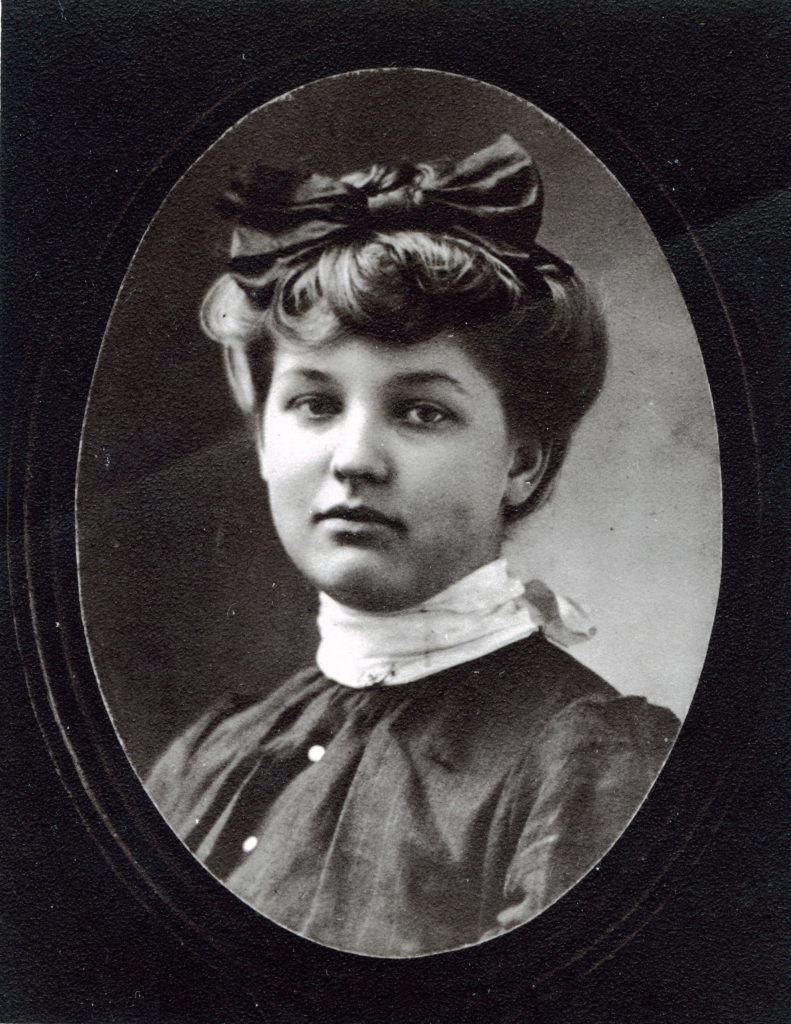
Lelia Farley (my paternal grandmother) was born in 1884 and died in 1945. Although I spent a lot of days and years with her close by, we were never close — that is, we never shared ideas or personal thoughts. While she was always a little aloof, and had a limited sense of humor, underneath there was a spark of kindness that made our relationship a friendly one.
I don’t know much about her young life, except that she lived at Kanawha Falls — a town on the Kanawha River upstream from Charleston, West Virginia. I have a photograph of her before she and Fred Farley were married in which she is playing tennis! Imagine!
I think she always saw herself as a Southern Belle who was denied her rightful place in gentle society. Oh yeah, that may be a little harsh, but it’s not far from who she was. You can see from her photos that like her mother, she was tall, slender, and straight-backed.
Lelia Farley gave birth to four children. Sons Willis — my father — Paul, and Tom, along with daughter Ruth. She was evidently very tough on her children, raising them in the way she was raised: quick punishment for her children’s missteps. Dressing her infant sons in dresses for their misbehaviors. Other punishments akin to a severe version of “time out,” paddling on occasions, and the rest. Of course those punishments came to be unacceptable in later years, but remember, these were the early 1900s. I know from certain knowledge that the dressing of young boys in girls’ clothing was a concept used by Nanny. However, her sons got past those events.
She was very kind to her grandchildren, in spite of her standoffishness. And perhaps this will help describe her: one summer Alice and I spent several weeks at the home of Fred and Lelia. I must say we were lonely kids — and we found ways to amuse ourselves, such as sneaking into the adjoining cornfield and smoking corn silk cigarettes, wrapped in the daily newspaper. But here is the descriptor of Nanny Farley: when she laundered my clothes — simple cotton pants and shorts — she starched them! Heavy starch! I still remember how they scratched my legs. And I remember her as exactly the kind of person who believed in starched pants. Somehow, that was the essence of Nanny. Stiff, unrelenting, and with a streak of warmth she was probably afraid to show.
When Granddad died in 1945, Nanny came to live with, on a rotating basis, her three children, all of whom lived in the South Charleston / St. Albans area. She would stay with us for about two months — sometimes more — then go to her son Paul’s house, and from there to her daughter Ruth’s and back to us again. (The other son, Tom, had died as a young man of pneumonia.) During those years, from about 1946 until her death in 1955, she was a regular member of our household much of the time. She helped in the kitchen, and she and my mother came to learn each other’s ways and got along very well. My father, who worked a rotating shift at the Union Carbide plant (then known as Carbide and Carbon Chemicals Corporation), saw little of her except when he worked “day shift,” from 7 a.m. until 3 p.m. one week of each three. She stayed to herself, and never acted as parent to us — that is, correcting our behavior or praising our successes. During her time alone, I know not whether she read, or stitched, or what. (Remember, these were the days before television. Although there were radio shows in the afternoons, they were mostly soap operas, running episodes regarding love, lost love, romance, life in the home, etc. etc. (Note: the term “soap opera” came from the sponsors of those radio romances, who were by and large soap/cleanser companies whose targets were the women homemakers of the day, who bought the soap for the daily wash, and so on.) Anyway, Nanny probably listened to those shows in the privacy of her bedroom. She never ventured out, either walking in the neighborhood or on the local bus system, which could take a rider downtown, uptown or elsewhere. In retrospect, her life was a lonely one, even though she had the connection to her children’s families. I liked Nanny. In spite of her stiffness — much of which I attribute to her own childhood under the stern hand of her mother — Mammaw — she loved her children and other family members, and she worked hard at being a likeable person. That her persona was dry, and she didn’t particularly enjoy amusements, she was nonetheless a good person.

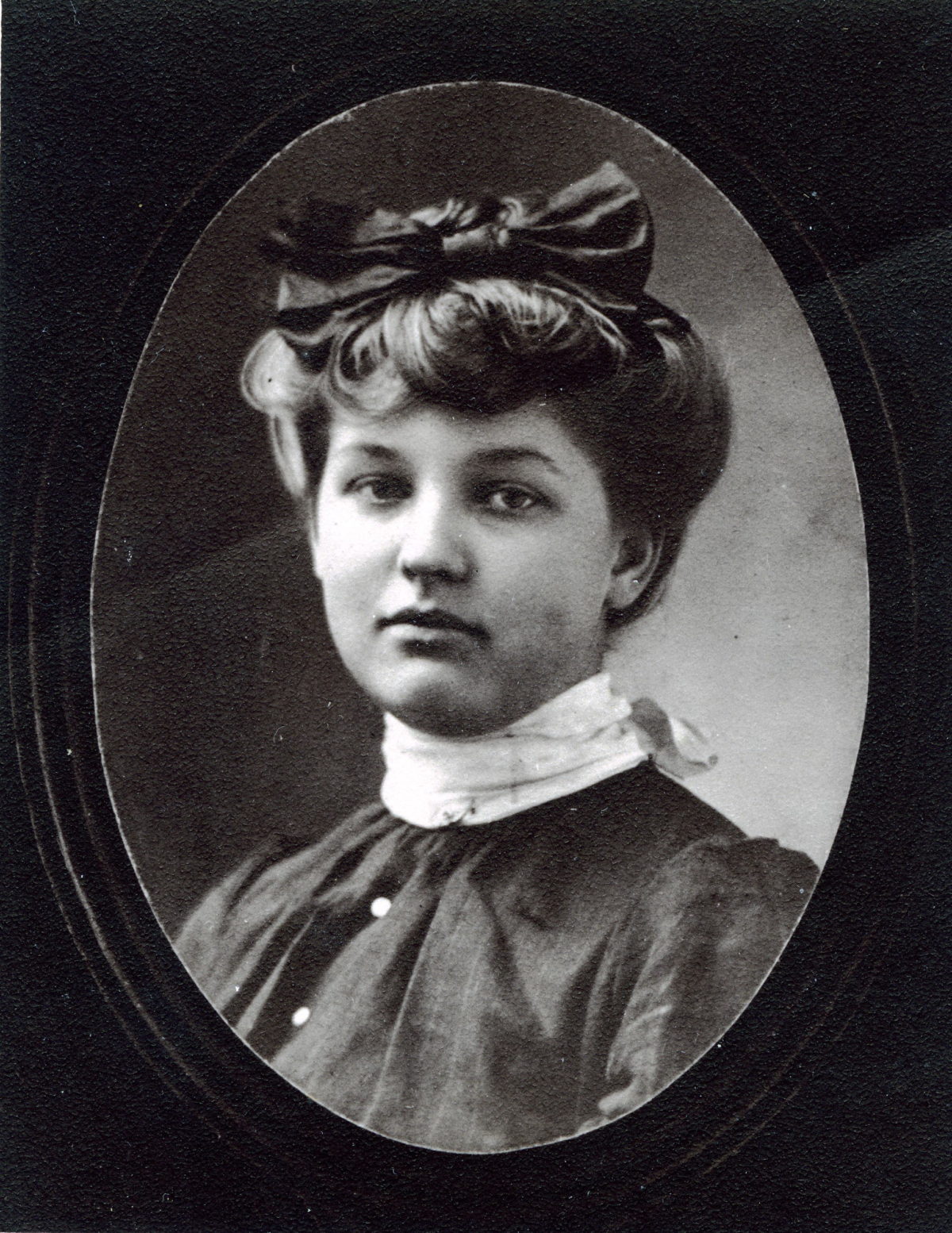


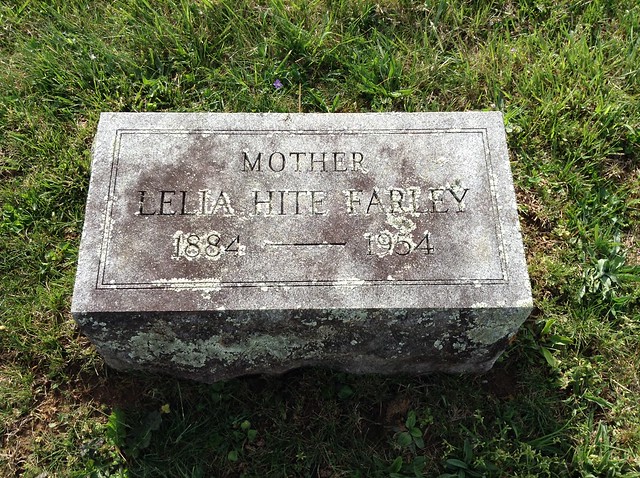



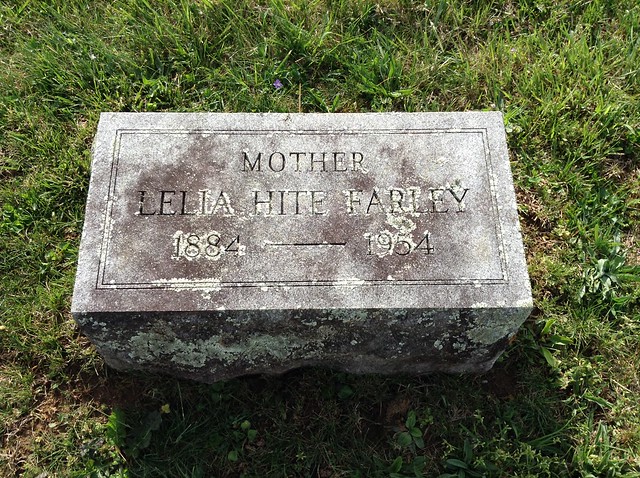



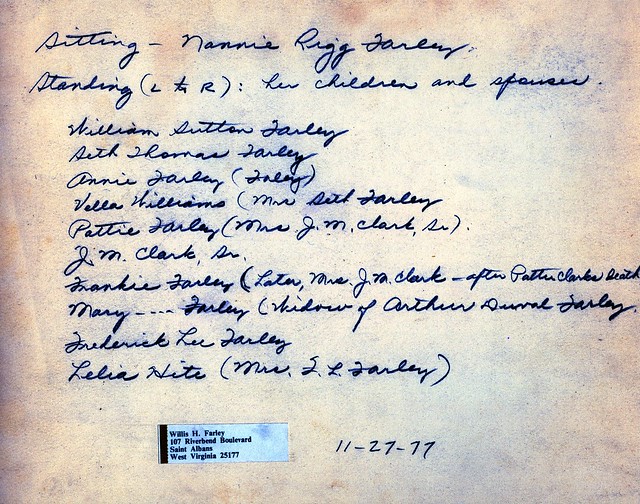
You must log in to post a comment.